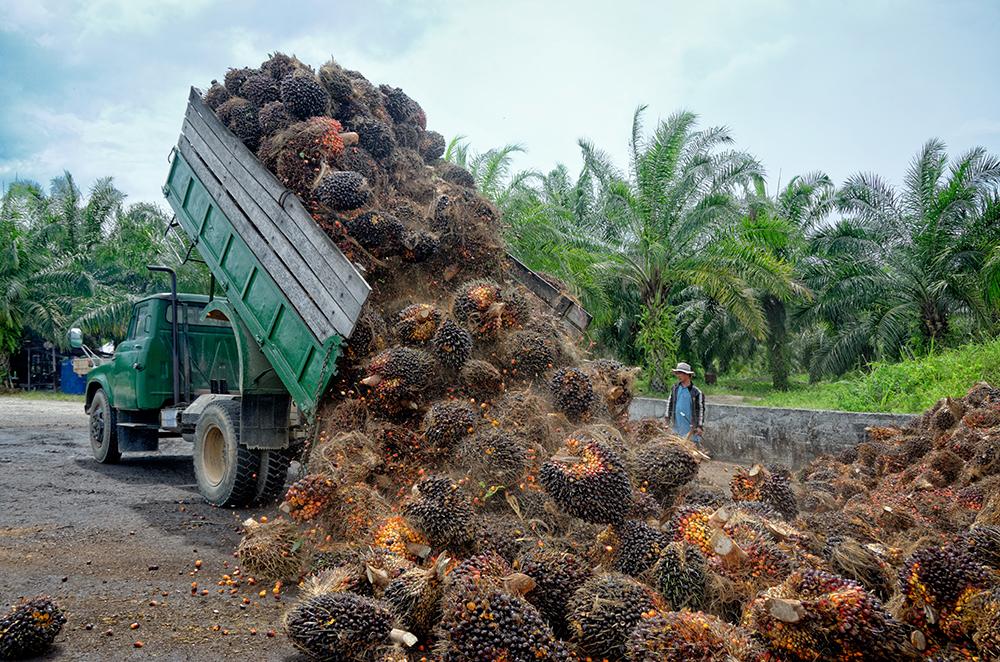Legal does not equal sustainable: Reflections on proposed UK law addressing deforestation

Written by Dr Constance McDermott, Associate Professor and Leader of the Ecosystems Governance Group, Environmental Change Institute, University of Oxford.
The UK government is developing a new law that prohibits imports of 7 commodities originating from illegally deforested land, including beef, leather, cocoa, palm oil, pulp and paper, timber, rubber and soya. While the stated aim of the policy is to promote sustainability, its current focus on legality overlooks how legal systems can themselves be drivers of both environmental and social harm.
Alternatively, UK policy could promote supply chain transparency and accountability by asking companies to 1) identify the origin of imported commodities; and 2) demonstrate due diligence (whether through certification or other measures) that the products are produced in a manner that protects biodiversity, contributes to local livelihoods and does not violate human rights. The UK's commitment to the United Nations Sustainable Development Goals (SDGs), which recognize the interconnected nature of environmental protection and human well-being, provides a strong foundation for such an approach.
My concern about the perverse effects of equating legality with sustainability are based on over twenty-five years of work and research on sustainable supply chain initiatives. This includes recent research on EU efforts to eradicate illegality in the timber sector, including the EU's Forest Law Enforcement Governance and Trade (FLEGT) Voluntary Partnership Agreements (VPAs) in Indonesia, Ghana and elsewhere (e.g. McDermott et al. 2019) as well as the EU Timber Regulation (EUTR) (McDermott and Sotirov 2018).
I and my colleagues have also examined the intersection of forest governance with efforts to promote sustainable cocoa, coffee, palm oil and cattle supply chains (e.g. Lambin et al. 2018). Across this work, we have found that the laws and legal frameworks governing forests and land use in leading countries producing forest risk commodities commonly favour large-scale commodity production over local access to land, forests and other resources. Hence the large size of 'informal' markets in these countries partly reflects legal frameworks that fail to recognize the rights and livelihood needs of local communities. They also reflect other systemic problems such as government corruption, lack of a well-functioning court system, lack of adequately paid law enforcement personnel, etc. - which remain largely unaddressed by EU FLEGT mechanisms.
Within the timber sector, which until now has pioneered the confusion of legality with sustainability, there is a stark lack of evidence that efforts such as the EU FLEGT with its focus on legality have reduced deforestation, inspired legal reforms that provide local communities with legal access to wood and other forest products, or otherwise promoted more sustainable forest practice. They have, however, served to criminalize local wood production in favour of timber concessions that produce high value products for European consumption.
Expanding such a legality focus to the agricultural sector, and including crops such as cocoa which are critical to small farmer lives and livelihoods, is sending the wrong signal about the UK's commitment to the SDGS, and its priorities for environmental and social sustainability.
Legal does not equal sustainable: Reflections on proposed UK law addressing deforestation
The UK government is developing a new law that prohibits imports of 7 commodities originating from illegally deforested land, including beef, leather, cocoa, palm oil, pulp and paper, timber, rubber and soya. While the stated aim of the policy is to promote sustainability, its current focus on legality overlooks how legal systems can themselves be drivers of both environmental and social harm, writes Constance McDermott, leader of ECI's new Ecosystems Governance Group.




